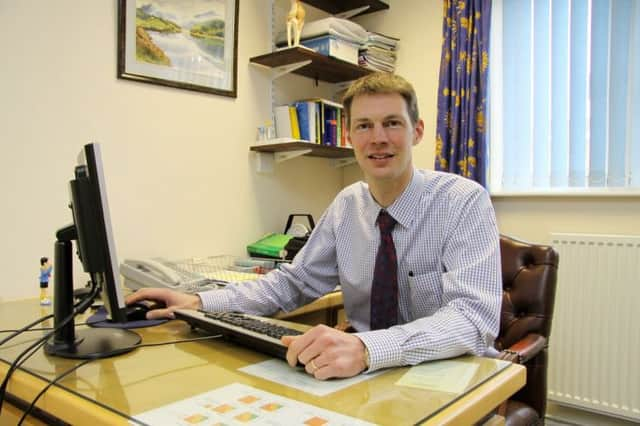Derbyshire Dales - keep you new year’s resolutions


But of all those who make resolutions, only one in ten are likely to achieve their goal.
Professor Richard Wiseman, of the University of Hertfordshire, tracked 5,000 people as they attempted to achieve their New Year’s resolutions. His team found that those who failed tended not to have a plan, which made their resolution soon feel like a mountain to climb.
Advertisement
Hide AdAdvertisement
Hide AdThe key factor which differentiated the ten per cent that succeeded in achieving their goals and the 90 per cent who did not was that they broke their goals into smaller goals that were specific, measurable and time–based. This helped them feel a constant sense of achievement and made the bridge between ambition to completion much smaller.
Dr Ben Milton, chairman of NHS North Derbyshire Clinical Commissioning Group and GP at Darley Dale Medical Centre, said: “New year is a time of optimism but also seems to be the time of year when we all suddenly become very hard on ourselves. Many resolutions that are taken are around health. Whether it is losing weight, quitting smoking, exercising more, drinking less alcohol or eating more fruit and veg, more often than not we just can’t achieve our goals.
“Professor Wiseman’s research seems to indicate that this is because we make too many resolutions at the same time and fail to break our aims down into smaller goals.
“Breaking your goal down into a series of steps and giving yourself a small reward whenever you reach a sub-goal helps maintain motivation and a sense of progress.
Advertisement
Hide AdAdvertisement
Hide Ad“So, if you intend to make a resolution this year I urge you not to be too hard on yourself and to take a few minutes to read Professor Wiseman’s top 10 goal–setting tips which can be found on the NHS Choices website.”
For advice on losing weight, quitting smoking, getting active, drinking less alcohol and eating more fruit and veg, visit the NHS Choices website.